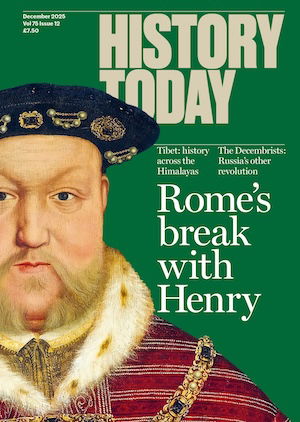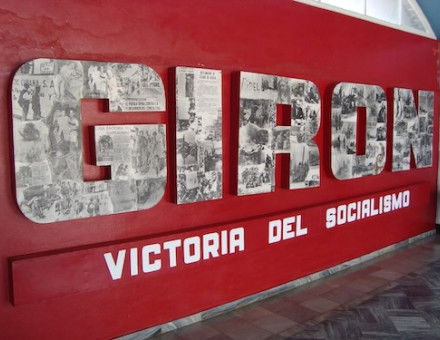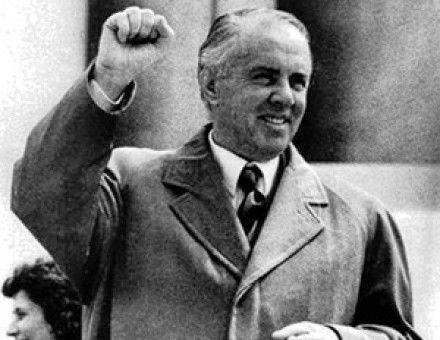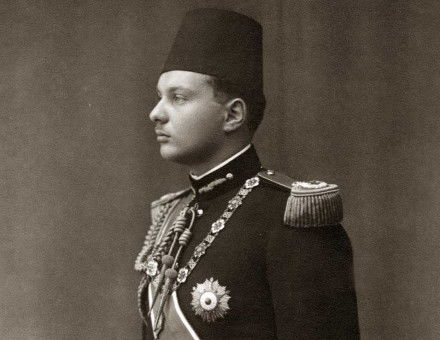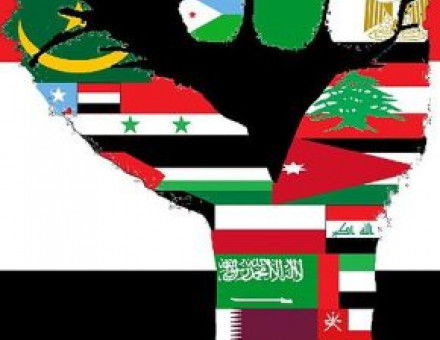Coalitions: Churchill's Strange Brew
As the Coalition government marks its first anniversary Martin Pugh sees its blend of Liberal and Conservative policies mirrored in the long and chequered career of the most famous of all 20th-century prime ministers.

